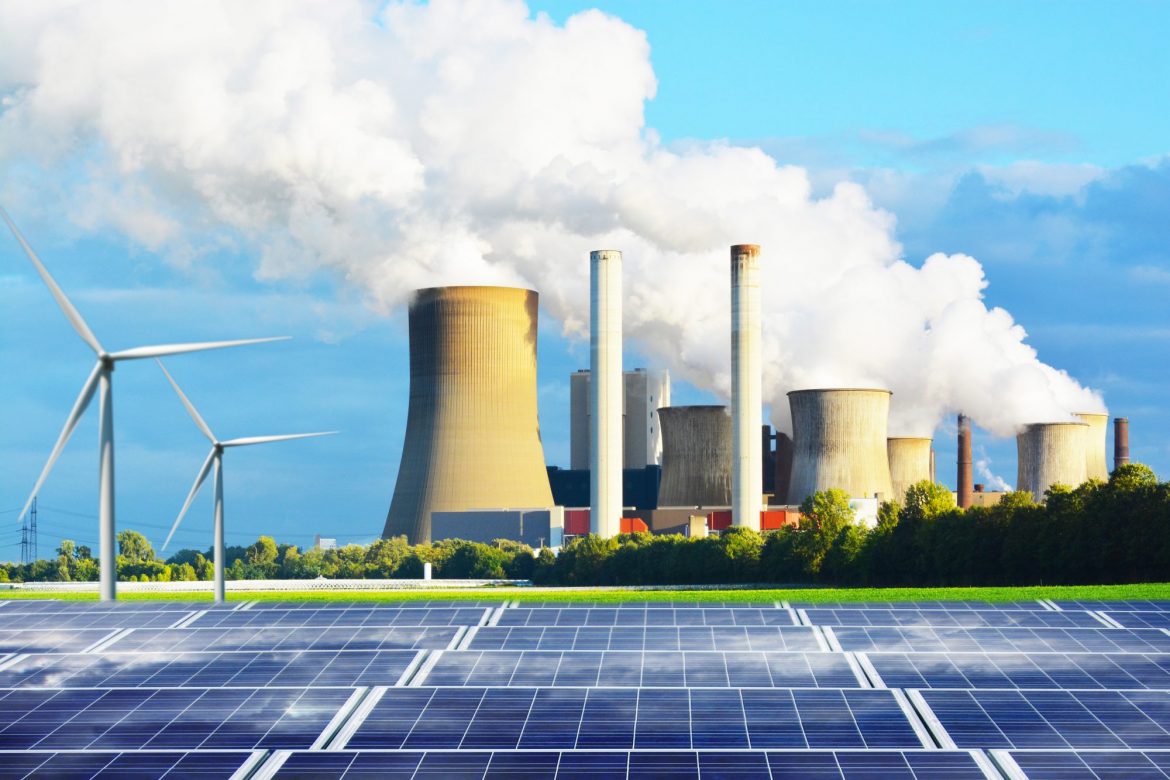The UAE’s deputy envoy to the United Nations, Amiera Al Hefeiti, has said that a clean energy transition will help Somalia to escape poverty and insecurity.
The United Nation’s agency for children had on Tuesday, February 15, while calling for urgent action, said that nearly half of Somali children under the age of 5 were suffering from acute malnutrition this year, with hundreds of thousands needing life-saving treatment.
Addressing the UN Security Council in New York, Ms Al Hefeiti said renewable energy production could help Somalia, which is suffering through the worst drought the region has seen in decades.
Ms Al Hefeiti who linked the drought ravaging parts of Somalia to climate change, called on the UN and Amisom, the African Union’s mission to the country, to support Somalia in addressing the impact of climate change, all of which have led to increased food insecurity.
Read also: AFDB, partners open call for sustainable fashion online competition
She said, “It is possible here to work on expanding the use of renewable energy in peace processes, which my country sees as an important step in reducing the impact of climate change”.
She explained that finding alternatives to fossil fuels is cheaper and offers “benefits to local communities, adding that a protracted insurgency by the Al Qaeda-linked local militia Al Shabab, political turbulence and a spate of natural disasters have pushed Somalia into a humanitarian crisis, with about three million people unable to access basic services.
“We stress here the importance of the full, safe and unhindered delivery of humanitarian aid while providing protection for humanitarian workers,” Ms Al Hefeiti said in New York.
Recall that Somalia’s government declared a state of humanitarian emergency in November due to the drought, with the worst affected parts including the south-central areas of Lower Jubba, Geddo and Lower Shabelle.
Story was adapted from The national news.
